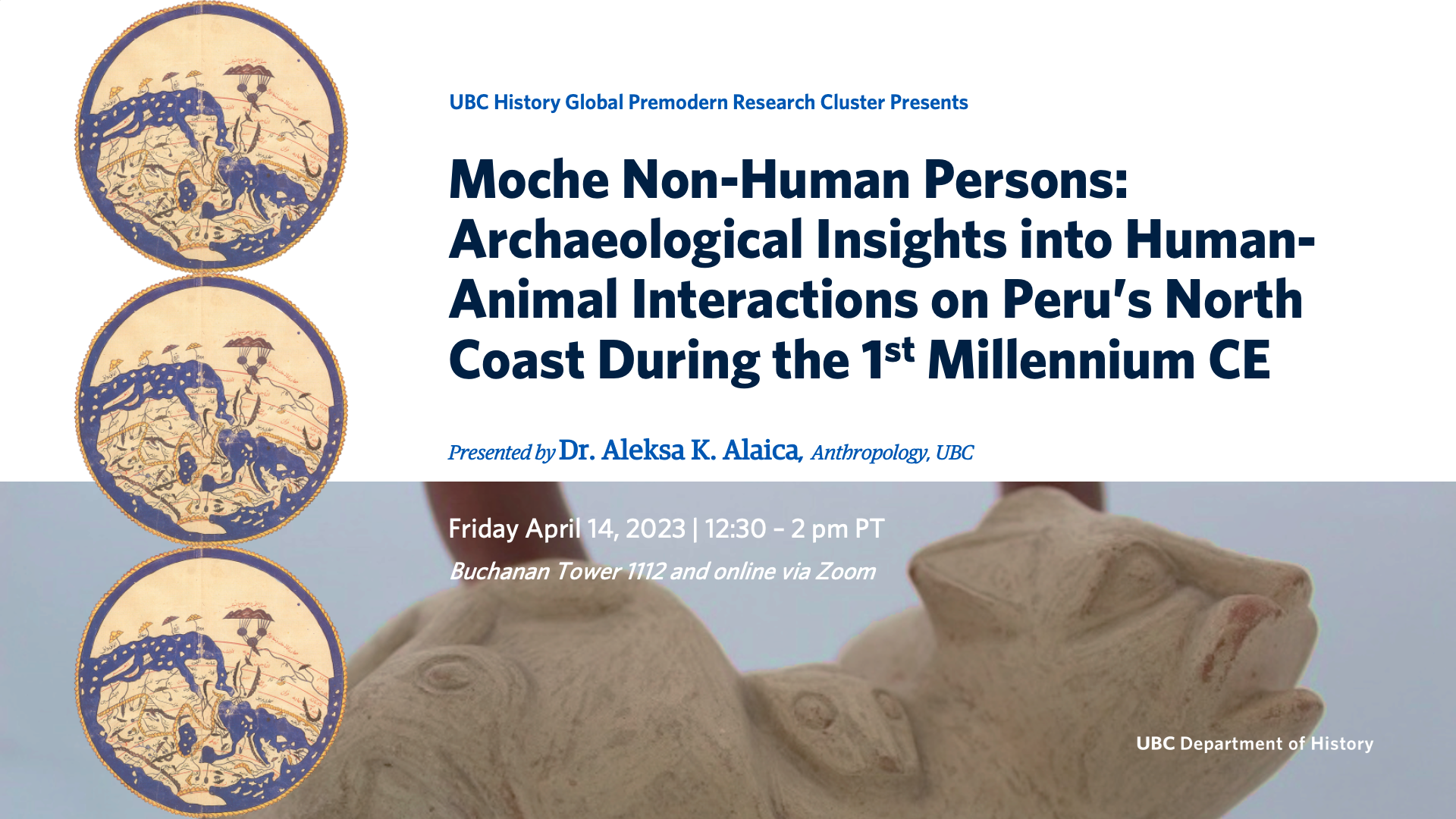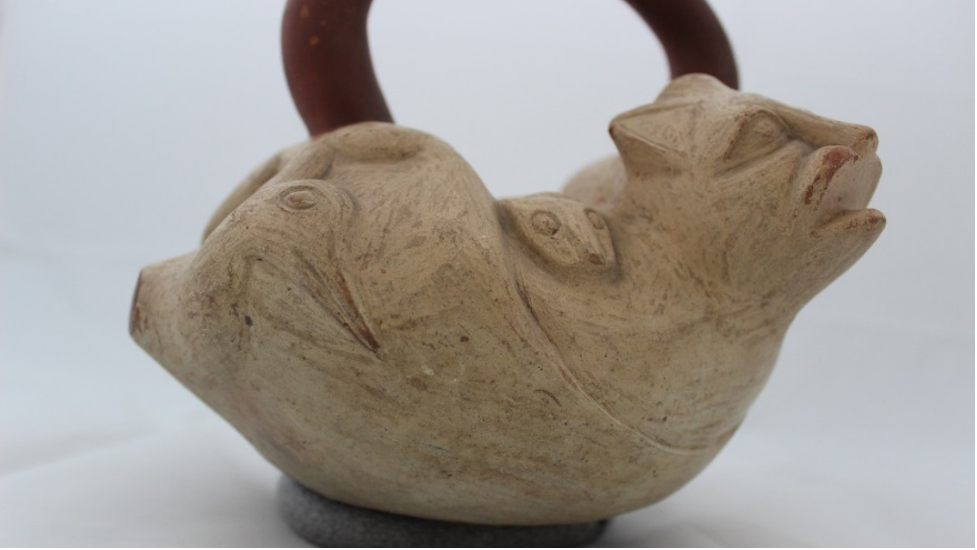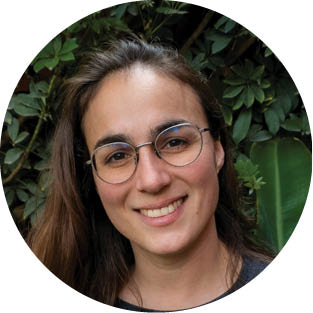

On April 14, 2023, join the UBC History Global Premodern Research Cluster for “Moche Non-Human Persons: Archaeological Insights into Human-Animal Interactions on Peru’s North Coast During the 1st Millennium CE”, a presentation by Dr. Aleksa K. Alaica (UBC Anthropology).
The Global Premodern Research Cluster was established to bring together a multidisciplinary community with shared and varied interests in global premodern studies. It serves as a forum for faculty, sessional and limited-term instructors, postdoctoral fellows, graduate students, and interested undergraduate students affiliated across department at UBC as well as interested participants beyond UBC. The Global PreModern Research Cluster conceives of ‘premodern’ as global in its geographic breadth and flexibly ranging in its temporal scope from ancient times up to 1800 CE. The group embraces a plurality of perspectives to the past and the evidence used to study the past, including textual, material, oral, and visual sources.
The Cluster is convened by Drs. Sara Ann Knutson, John Christopoulos, and Shoufu Yin. To be added to the mailing list or for other queries, please contact Sara Ann Knutson at sa.knutson@ubc.ca.


Moche vessel depicting various animal species, Larco Museum, Lima.
Talk Abstract
Animals are a central part of present and past human lives. They shape the way we eat, how we move, and what we think. This talk explores the way animals were perceived as other-than-human beings, possibly even persons, among Peru’s Moche culture during the 1st millennium CE. The Moche are famed for their monumental temple constructions, human sacrifice, and exquisitely crafted metal and ceramic artifacts. An understudied aspect of Moche cultural flourishment is how animal lives intersected with human society in economy, politics, and ontology. The depiction of wild predators as warriors and as agents of sacrifice attest to some of the ways that the natural environment was venerated among this pre-contact society. This premodern Amerindian case study provides a powerful example of the blurred boundaries between species, bodies, and concepts of personhood. Ontological categories were distinct among the Moche and this talk aims to shed important light on the ideologies of past societies that will hopefully open our eyes to the nuanced ways that past and contemporary have viewed their surroundings and even the way future communities will view the natural world.
About the Presenter


Aleksa K. Alaica
Aleksa K. Alaica is Assistant Professor of anthropological archaeology in the Department of Anthropology at the University of British Columbia. Her research focuses on the way that human and non-human beings co-create society, economy, and worldview in the past. Currently, she is examining the way that animal management formed the basis for colonizing strategies among the Wari state of southern Peru and local resilience practices that underpinned realities of food (in)security and distinct scales of interregional interaction. Some of her publications have been featured in Quaternary International, Journal of Anthropological Archaeology, and Journal of Island and Coastal Archaeology.